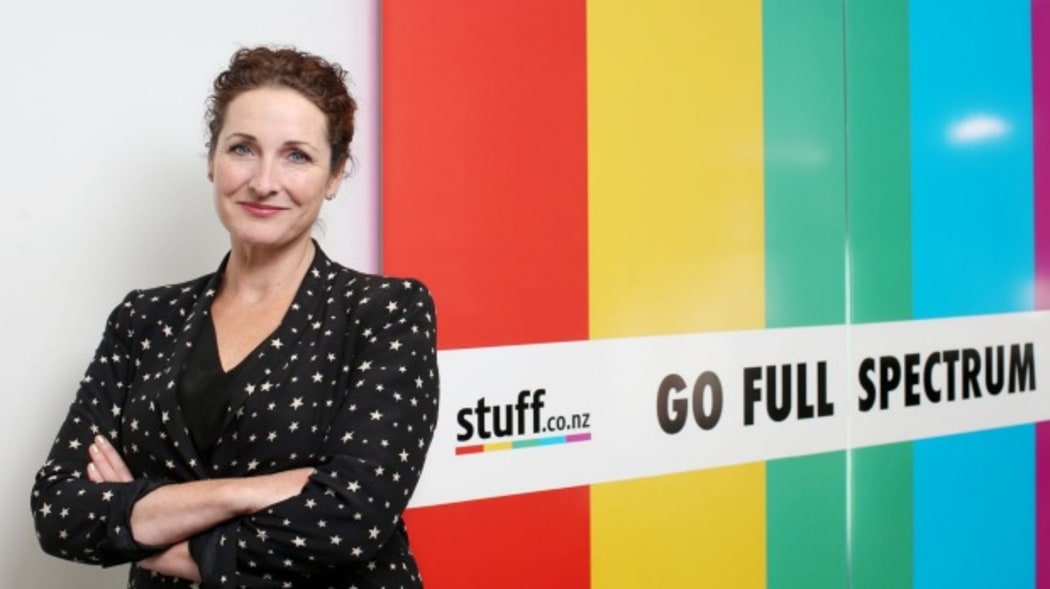NZ’s biggest publisher of news goes ahead with its dramatic digital transformation. What are the risks?

Sinead Boucher, Fairfax NZ Group Executive Editor. Photo: Fairfax NZ
The Fairfax Media restructuring plans confirmed this week are part of on-going ‘digital-first’ strategy. The stuff.co.nz platform will become the core of the company’s news business.
Under a previously-announced Fairfax project called News Rewired, new editors in social media, community news, sport and lifestyle journalism were appointed in May – and local newspaper editors have become regional editors, gathering news to be published online as soon as possible as well as in the papers.
This past week, the last remaining Fairfax Media local paper editor finished up at the Nelson Mail.
In his farewell editorial, Paul McIntrye said:
“Fairfax may own the Mail, but it is your paper. We editors are merely caretakers. I truly believe there is a place and a thirst for good, quality journalism in New Zealand. It's absolutely vital, but I fear it's being eroded in the relentless chase for audience numbers”
But online audience numbers are now the key target for Fairfax Media.
Last week, Fairfax rejoiced when stuff.co.nz overtook Trade Me and chief editor Sinead Boucher said:
“In New Zealand, the digital world is now defined by Google for search, Facebook for social, and Stuff for content.”
In a piece called “What’s really going on a Fairfax?” (this story is behind a paywall) Tim Hunter, a senior business journalist at Fairfax until May, said :
“It is going hell for leather to be the No 1 free website in the country, in a media version of the old supermarket motto “pile em high and flog em cheap”.
But Newspapers still provide most of the Fairfax income. The NBR’s Tim Hunter estimates stuff.co.nz would bring in less than $20 million a year in revenue.
Worldwide, bigger publishers than Fairfax New Zealand are still struggling to work out how to turn online eyeballs into dollars.

